Cherry Red and Alan McGee...
One of the early visitors to our office in Kensington Gardens Square was a young, very enthusiastic Alan McGee. He had recently moved down from Glasgow, where he had been working for British Railways with his friend Andrew Innes. They had formed a band called The Laughing Apple. Previously, Alan had been in a punk band in Glasgow called The Drains and, after that, was briefly in H20, who later went on to have two Top 40 hit singles. The Laughing Apple had a single out and had been playing a few gigs around London.
Cherry Red Music, the publishing arm of Cherry Red Records, had a policy of signing the publishing rights of any writer who had a single out because there were always royalties to collect from radio play, record sales, and any radio sessions they managed to secure. Strangely, we had virtually no competition in doing this. We signed their publishing, and this was a perfect example of how one lead leads to another.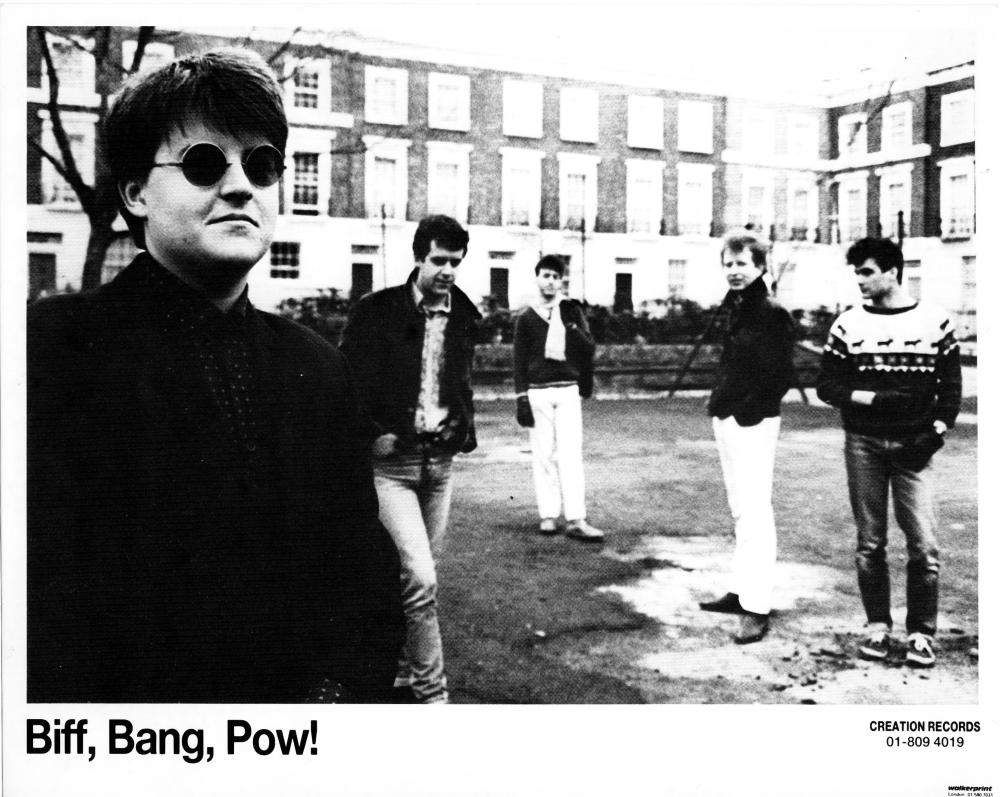
Alan was one of those characters you knew would make something of their lives. From the first time I met him, I would frequently bump into him at gigs. He was always surrounded by a small group of people, most of whom I didn’t know, with whom he would be engaged in enthusiastic conversation. He was a kind of magnet who attracted different people always keen to hear what he had to say. He started a club called The Living Room in Camden, which had live bands playing once a week, and then went on to manage The Jesus and Mary Chain. Shortly after, he formed Creation Records and, after releasing The Jesus and Mary Chain’s first single, signed many bands that became really successful, including Primal Scream, My Bloody Valentine, Teenage Fanclub, and, of course, Oasis.
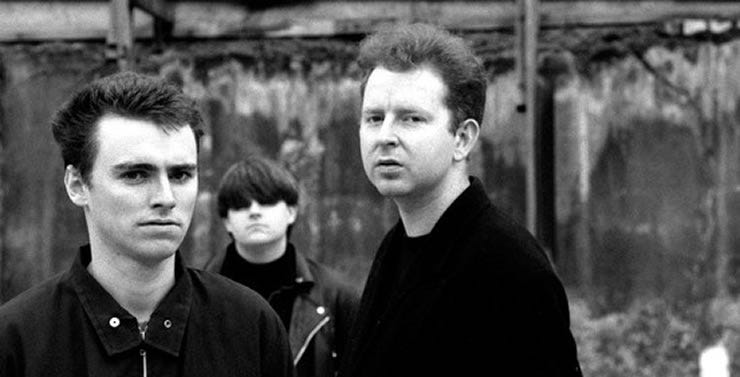 Andrew Innes was in Primal Scream, and Theo Chalmers, who at that time ran Cherry Red Music, made a deal to publish his songs (as well as those of some other Creation artists) where Alan could earn an override royalty. Everyone was happy as they were all financially involved. Primal Scream went on to big chart success, starting with their breakthrough Screamadelica album, and are still gigging today. Alan and I saw less of each other as the years went by, although I did get updates sometimes from James Kyllo, who had been at Cherry Red and moved on to Creation Records as General Manager (and who very sadly died a few years ago). Then one day in early 2013, I got a phone call out of the blue from him. It was early on a Saturday morning, and I was getting ready to go to a football match. Alan, as always, got straight to the point and told me he was keen to start another record label. After he had sold Creation to Sony, he started a label called Poptones, which had some success with The Hives and Cosmic Rough Riders. But this time, he wanted a partnership where he basically handled the A&R side and looked after the relationships with the artists. Was I interested, he asked. Alan was always fun to work with, and there were always interesting things happening around him. There was also the little matter of the success he had had over the years, so I was definitely interested in exploring the idea. We met up a couple of weeks later and agreed to start a label called 359 Music together. Alan would own 50%, and so would Cherry Red. We drew up clear lines of responsibility: he would look after the artists, and we would do everything else, including funding the project. Alan made a promotional video on his phone asking for unsigned bands to get in touch with him, which went viral, and he received over 2,500 submissions. He told me he listened to every single one. That is quite a commitment.
Andrew Innes was in Primal Scream, and Theo Chalmers, who at that time ran Cherry Red Music, made a deal to publish his songs (as well as those of some other Creation artists) where Alan could earn an override royalty. Everyone was happy as they were all financially involved. Primal Scream went on to big chart success, starting with their breakthrough Screamadelica album, and are still gigging today. Alan and I saw less of each other as the years went by, although I did get updates sometimes from James Kyllo, who had been at Cherry Red and moved on to Creation Records as General Manager (and who very sadly died a few years ago). Then one day in early 2013, I got a phone call out of the blue from him. It was early on a Saturday morning, and I was getting ready to go to a football match. Alan, as always, got straight to the point and told me he was keen to start another record label. After he had sold Creation to Sony, he started a label called Poptones, which had some success with The Hives and Cosmic Rough Riders. But this time, he wanted a partnership where he basically handled the A&R side and looked after the relationships with the artists. Was I interested, he asked. Alan was always fun to work with, and there were always interesting things happening around him. There was also the little matter of the success he had had over the years, so I was definitely interested in exploring the idea. We met up a couple of weeks later and agreed to start a label called 359 Music together. Alan would own 50%, and so would Cherry Red. We drew up clear lines of responsibility: he would look after the artists, and we would do everything else, including funding the project. Alan made a promotional video on his phone asking for unsigned bands to get in touch with him, which went viral, and he received over 2,500 submissions. He told me he listened to every single one. That is quite a commitment.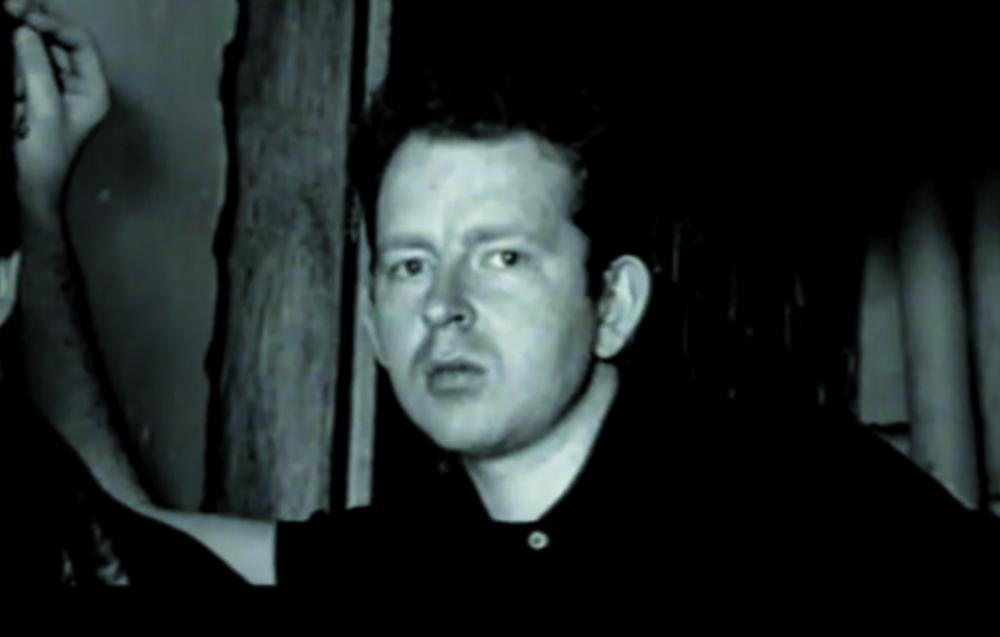
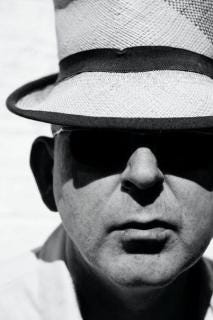 Initially, we signed five artists: John Lennon McCullogh, Chris Grant, Pete Macleod, Gun Club Cemetery, and Tess Parks. It was a varied roster, and I was intrigued to see what kind of response we would get. We had a few media champions, and, of course, Alan brought profile and attention to the label. John Lennon McCullogh was young, 16 years old, and already gigging regularly, and Gun Club Cemetery was fronted by Alex Lowe, who had been in a Creation-signed band called Hurricane #1. Tess Parks was a young Canadian singer-songwriter and poet who had approached Alan at an airport and introduced herself. She was probably the most likely to find success. Chris Grant and Pete Macleod were more classic singer-songwriters who had been around for a while, and Alan felt they deserved the chance to release records. We released five 7-inch singles on the same date, and Radio 1 DJ Janice Long helped us to organize an evening at the BBC club where John Lennon McCullogh, Chris Grant, and Pete Macleod played live. It was a great evening, and we waited to see what the response would be.
Initially, we signed five artists: John Lennon McCullogh, Chris Grant, Pete Macleod, Gun Club Cemetery, and Tess Parks. It was a varied roster, and I was intrigued to see what kind of response we would get. We had a few media champions, and, of course, Alan brought profile and attention to the label. John Lennon McCullogh was young, 16 years old, and already gigging regularly, and Gun Club Cemetery was fronted by Alex Lowe, who had been in a Creation-signed band called Hurricane #1. Tess Parks was a young Canadian singer-songwriter and poet who had approached Alan at an airport and introduced herself. She was probably the most likely to find success. Chris Grant and Pete Macleod were more classic singer-songwriters who had been around for a while, and Alan felt they deserved the chance to release records. We released five 7-inch singles on the same date, and Radio 1 DJ Janice Long helped us to organize an evening at the BBC club where John Lennon McCullogh, Chris Grant, and Pete Macleod played live. It was a great evening, and we waited to see what the response would be.
Some decent press and some radio play followed, but none of the singles really started to gather momentum. Alan also had his autobiography Creation Stories released at this time. The artists turned up to a launch party for the book where the music was so loud I had to go out into the street to have a proper conversation. We subsequently went on to release albums by the first five acts, which had a mixed response. Alan signed another six acts, but shortly after that, his interest started to fade. At Cherry Red, we had an office full of people who could support our side of the operation, with a freelance label manager and independent press and radio promotion people working on the releases. But Alan was pretty much on his own. When I vi
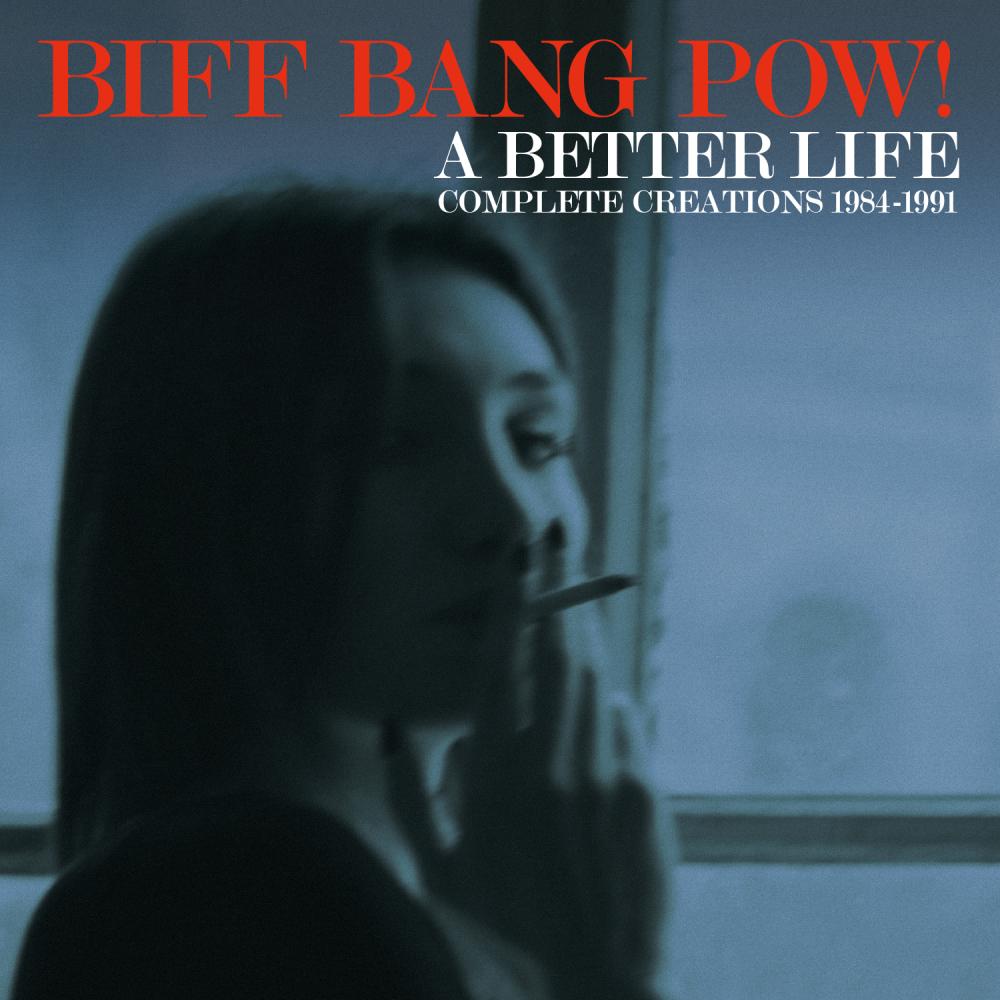
sited him in Wales at his rambling old property, which he shared with his wife and daughter, he said, “I will show you my office.” He opened the door of his bedroom, sat on the bed, and got his phone out. “This is my office,” he declared. No filing cabinets, no desk, no computer. That was his way of working. He actually had plenty of space; it was a pretty large property with stables (his wife kept horses) and an old chapel. But that is Alan’s style. He had obviously hoped, like we all did, that at least one of the acts would start to break through. At that time, he was also managing The Libertines, and a recent visit from Carl Barât (vocals/guitar) and Pete Doherty, who were going through one of their periods of tension between each other, had produced some new songs but also ended up in a hospital visit after a mysterious encounter with some kind of ‘presence’ that sometimes lived in one of the rooms. Alan showed me the room, and it was freezing cold in there; something strange and maybe unworldly appeared to be active there sometimes….
Tess Parks was the 359 signing that established the highest profile. She has since kept building her career and has gone on to work and record two albums with Brian Jonestown Massacre’s Anton Newcombe. Her song “Somedays” has been used in several films, and interest in her career and her music and poetry is still growing.
More recently, Cherry Red bought the rights to the recordings of The Laughing Apple from Alan. We also purchased the rights to Biff Bang Pow, another band that Alan was involved in. We always find ways to get these old recordings back into circulation and give them a new lease of life, whether it is a vinyl reissue, tracks on compilations, or indeed, as in the case of Biff Bang Pow, a retrospective CD box set. Alan himself has since had a biographical film about his life and Creation Records, which was adapted from his autobiography. The last time I saw him was for dinner a couple of years ago. He was still full of enthusiasm for music and indeed life. These days, he is primarily an artist manager, but you never know what he will be up to next…
Iain McNay, May 2024




